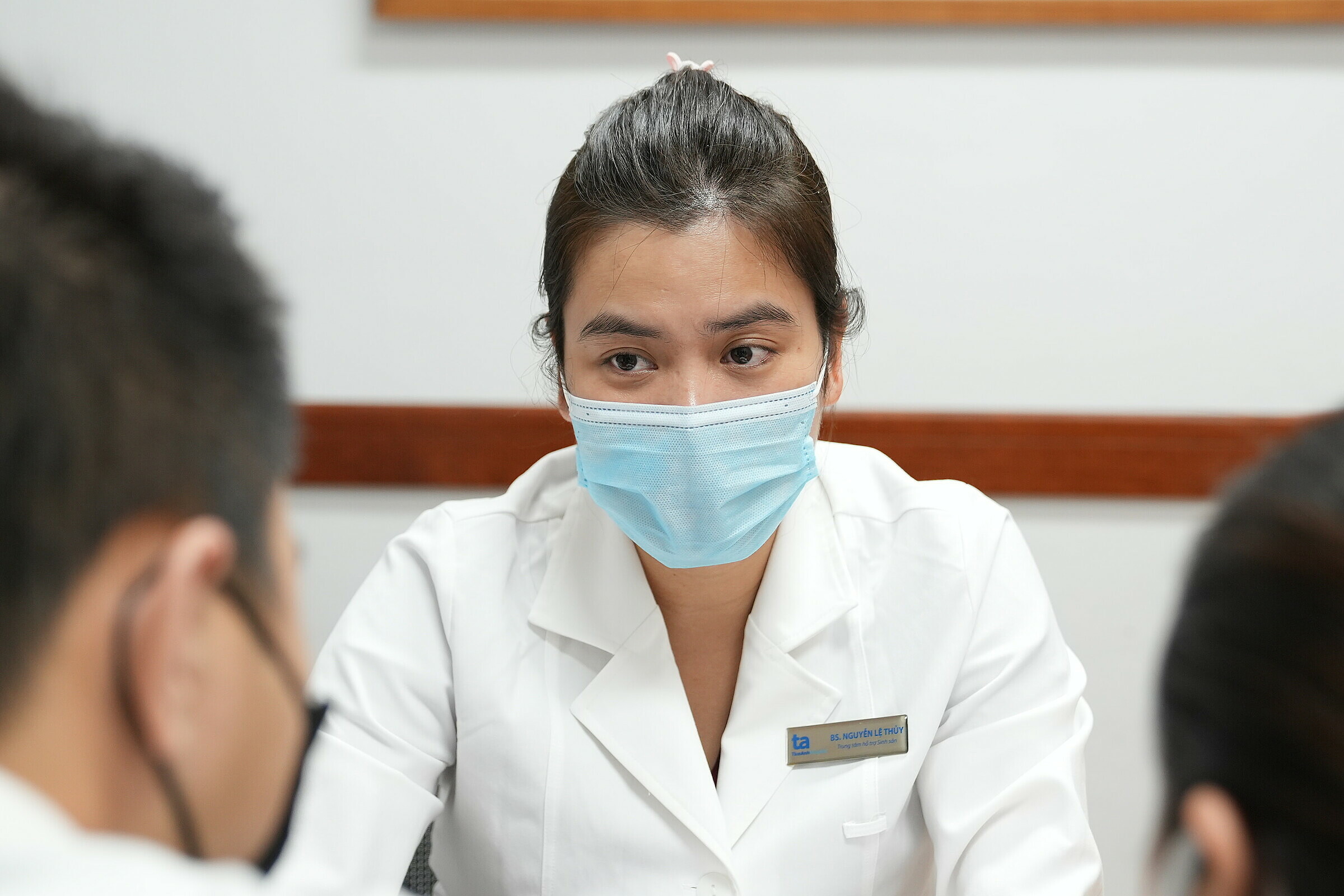Sinusitis is a common ear, nose, and throat condition, particularly prevalent during seasonal changes. It is caused by bacterial or viral infections, or allergies, leading to symptoms like nasal congestion, runny nose, facial pain, coughing, fever, and overall fatigue.
According to Dr. Le Thuy of the Fertility Support Center at Tam Anh General Hospital in Hanoi, women preparing for embryo transfer during IVF require a comprehensive health assessment. This evaluation should focus on any infections to ensure a favorable environment for embryo implantation.
Women with mild sinusitis, without fever, and not requiring systemic antibiotics, can proceed with embryo transfer. However, close medical monitoring is essential. Adequate sleep and managing symptoms with safe methods like nasal irrigation with saline solution can help stabilize the body before the transfer.
Women experiencing acute sinusitis with fever, severe headaches, and currently taking antibiotics should postpone embryo transfer until their condition is fully resolved. The uterine lining and the body need to be in optimal condition for the embryo to implant and develop successfully.
For those with stable chronic sinusitis, embryo transfer can proceed as usual. However, collaboration between the fertility specialist and an ENT doctor is crucial to manage the inflammation before and after the procedure. Patients should inform their doctors about any medications they are taking to ensure embryo safety.
 |
Dr. Le Thuy counsels a couple undergoing infertility treatment. Photo illustration: IVF Tam Anh |
Dr. Thuy explains that acute sinusitis accompanied by fever, widespread infection, or the need for strong antibiotics can impact the uterine lining's receptiveness to the embryo. During an active infection, the heightened immune response may hinder embryo implantation. Sinusitis symptoms like nasal congestion, sleep deprivation, and prolonged fatigue can also affect hormone levels and the body's ability to recover after embryo transfer. Careful consideration is needed regarding the use of sinusitis medication. Certain antibiotics, corticosteroids, or antihistamines can potentially disrupt hormone balance or pose risks if the embryo successfully implants.
Women exhibiting signs of sinusitis (nasal congestion, discharge, sinus pain) while preparing for embryo transfer should consult an ENT specialist and inform their fertility doctor for specific advice. Maintaining a nutritious diet, getting enough sleep, staying warm, avoiding dust and cold exposure, and boosting natural immunity are recommended to prevent sinusitis recurrence during this sensitive period. If feeling unwell or fatigued, patients should inform their doctor, and the embryo transfer may be postponed if necessary.
Thanh Ba
| Readers can submit questions about infertility here for doctor's answers. |












